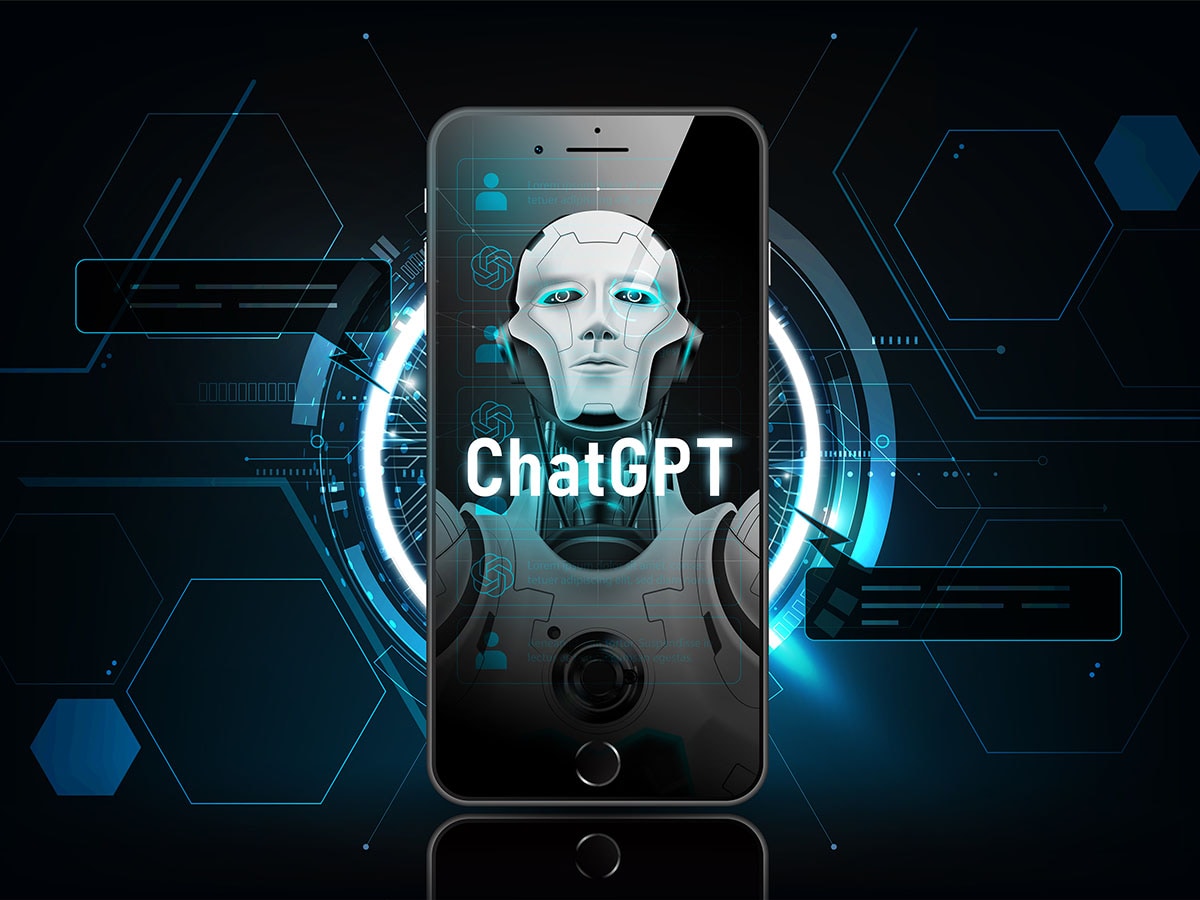
How companies can use ChatGPT to their advantage
ESSEC Professor researches how organizations adapt to change, like the kind of technological change artificial intelligence engenders. He shares his thoughts on how business and higher education can use these tools to their advantage

Everyone is talking about artificial intelligence large language models (LLMs) like ChatGPT - with excitement and with a bit of trepidation, too. How will it change how we work and learn? How can we harness its power? And of course, the ever-present: and will it replace us?
Maciej Workiewicz, Associate Professor of Management at ESSEC, researches how organizations adapt to change, like the kind of technological change artificial intelligence engenders. He shares his thoughts on how business and higher education can use these tools to their advantage.
He notes that mastering these tools requires practice: learning by doing. Users need to get a feel for the model, to see what prompts work and what doesn't: they can ask the same question in different ways, and observe and reflect on changes as the model evolves. Furthermore, as the technology rapidly evolves, some approaches that didn’t work well in the past may now become usable and one needs to keep using the technology in order to keep up.
Sam Altman, the CEO of OpenAI, made this point quite effectively during a recent interview with Lex Fridman. Supporting this is the number of job postings for “prompt engineers” popping up on LinkedIn and Indeed: this new and lucrative position involves inputting the most optimal queries into your LLM of choice, to get the best possible replies. But what if you aren’t a prompt engineer?

















